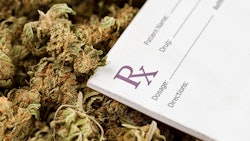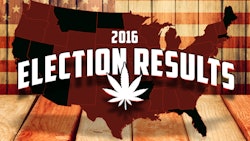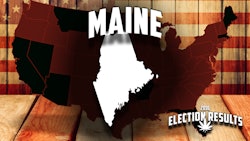On December 14, the Drug Enforcement Administration added a new code for marijuana extracts and made it clear that such extracts, including CBD oil, are illegal.
Although this does not represent a change in federal law, many CBD producers have operated under the assumption that cannabis-based products with less than the 0.3 THC percentage that's allowed in hemp would be legal. But that's not the case, according to this DEA announcement.
Here's the DEA's new definition of marijuana extract that was posted in the Federal Register: "an extract containing one or more cannabinoids that has been derived from any plant of the genus Cannabis, other than the separated resin (whether crude or purified) obtained from the plant."
This means that any extract of the plant falls under the Schedule I classification, along with the THC portion of the plant that gets users high.
Read more
Although this does not represent a change in federal law, many CBD producers have operated under the assumption that cannabis-based products with less than the 0.3 THC percentage that's allowed in hemp would be legal. But that's not the case, according to this DEA announcement.
Here's the DEA's new definition of marijuana extract that was posted in the Federal Register: "an extract containing one or more cannabinoids that has been derived from any plant of the genus Cannabis, other than the separated resin (whether crude or purified) obtained from the plant."
This means that any extract of the plant falls under the Schedule I classification, along with the THC portion of the plant that gets users high.
Read more

























